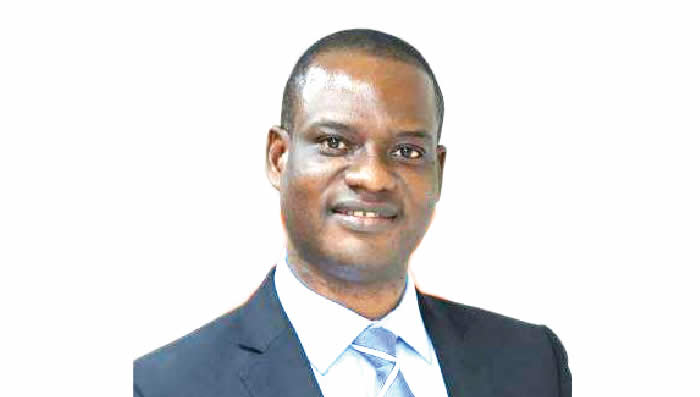States Set to Rake In Over N4trn a Year as New VAT Reforms Take Effect in 2026
States could earn more than N4 trillion annually from 2026 once the new Value Added Tax (VAT) reforms come into effect, according to the Chairman of the Presidential Fiscal Policy and Tax Reforms Committee, Taiwo Oyedele.
Speaking at the launch of the BudgIT State of States 2025 Report in Abuja, Oyedele revealed that the reforms would raise states’ share of VAT revenue to 55 per cent — a move expected to generate over N4 trillion a year.
“With VAT reforms kicking in from 2026, states’ share will rise to 55 per cent. That could amount to over N4 trillion in 2026. The question is: will this money be spent, or will it be invested?” he said.
He noted that while government revenue had surged — with Federation Account Allocation Committee (FAAC) transfers more than doubling from N5.4 trillion in 2023 to N11.4 trillion in 2024 — the average Nigerian was yet to feel the impact.
“Governments now have more naira, but ordinary Nigerians have less disposable income,” he observed, urging state leaders to invest the additional funds in tangible projects that improve citizens’ welfare.
Oyedele expressed concern that 21 states still depend on federal allocations for over 70 per cent of their revenue, though he commended states like Enugu and Bayelsa for significantly boosting their internally generated income.
He highlighted new tax provisions allowing states to retain full proceeds from electronic money transfer levies and exempting state bonds from tax, which he said would cut borrowing costs and free up funds for infrastructure.
“For the first time in years, capital expenditure has overtaken recurrent spending,” Oyedele added, though he warned that implementation in key areas like education and health remains weak.
He revealed that while 31 states had reduced their domestic debt stock, overall arrears to pensioners, contractors, and workers still exceed N1.2 trillion. “Borrowing isn’t the issue; it’s how the money is used,” he cautioned.
Anambra topped the 2025 fiscal performance rankings, followed by Lagos, Kwara, Abia, and Edo. Cross River, however, plunged from fifth in 2024 to 29th in 2025, raising questions about governance choices.
Also speaking, Central Bank Deputy Governor for Economic Policy, Dr Muhammad Abdullahi, urged state governments to uphold fiscal discipline and transparency as revenues rise under ongoing reforms.
He said states must not return to the era of inflated overheads, adding: “The challenge is to lock in fiscal discipline permanently.” He also called for digitisation of revenue systems and higher execution rates in health and education budgets.
Abdullahi disclosed that the CBN was creating an instrument to help states hedge foreign currency risks and monetise revenues, stressing that only disciplined states investing in capital projects would achieve long-term prosperity.
In his goodwill message, Razaq Fatai of the Nigerian Governors’ Forum said the State of States report had become a vital accountability tool that helps governors make data-driven policy choices.
BudgIT Co-founder Oluseun Onigbinde said the report, launched ten years ago, had grown into a “mirror” for subnational governance. He warned that despite progress, many states still rely heavily on federal handouts and risk falling behind unless they prioritise education, health, and infrastructure.
“This report started from one idea — that every kobo should be traceable and used to improve lives,” he said. “Transparency is now a competitive edge among states, but Nigeria is still at a crossroads.”




